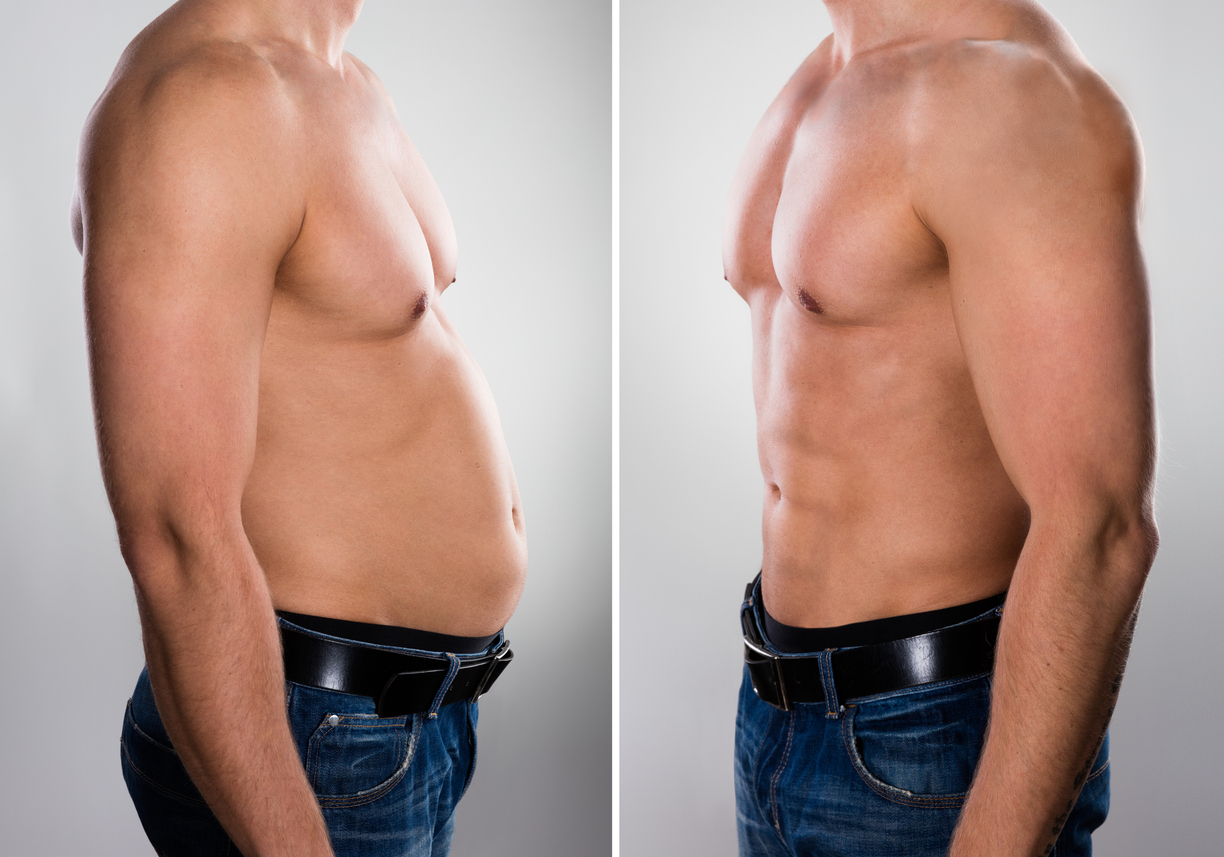Low Dose Naltrexone (LDN) has gained attention for its potential benefits in treating various conditions, but does it cause weight gain? The straightforward answer is no, LDN does not make you gain weight.
In fact, some studies suggest it may help with weight loss and improve metabolic function. Let’s dive deeper into how LDN works, its effects on the body, and why it is unlikely to contribute to weight gain.
What is Naltrexone?
Naltrexone, originally developed to treat opioid and alcohol dependence, works by blocking opioid receptors in the brain. At standard doses, it prevents the euphoric effects of drugs like heroin and reduces cravings for alcohol. However, in recent years, a lower dosage of naltrexone has gained attention for its off-label uses.

What is Low Dose Naltrexone (LDN)?
Low Dose Naltrexone refers to naltrexone prescribed at doses much lower than those used for addiction treatment, typically between 0.5mg and 4.5mg daily.
This lower dosage aims to modulate the immune system and reduce inflammation, making it a promising treatment for a variety of conditions, including autoimmune diseases, chronic pain, and certain cancers.
Is There Any Evidence that LDN Causes Weight Gain?
Currently, there is limited direct research on LDN and weight gain. However, the available evidence suggests that LDN does not contribute to weight gain. On the contrary, it may assist in weight loss for certain people due to its anti-inflammatory and pain-relieving properties.
More extensive studies are needed to fully understand the long-term impact of LDN on weight.
Additionally, many patients and healthcare providers report positive outcomes regarding weight management while using LDN. Anecdotal evidence supports the idea that LDN can lead to weight stability or loss rather than gain.
Patients often cite improvements in overall well-being, reduced pain, and increased activity levels as contributing factors.
Does LDN Affect Metabolism?
One of the primary concerns regarding any medication is its impact on metabolism. While high-dose naltrexone used in addiction treatment does not significantly affect weight, LDN might influence metabolic processes due to its immune-modulating effects.
Research suggests that LDN can potentially improve metabolic efficiency by reducing chronic inflammation, a factor often linked to obesity and metabolic disorders.
Can LDN Lead to Weight Loss?
Although LDN is not primarily prescribed for weight loss, some patients report losing weight while on this medication. The potential reasons include:
- Reduced Inflammation: Chronic inflammation can interfere with metabolic processes, leading to weight gain. By reducing inflammation, LDN may help restore metabolic balance.
- Improved Sleep: LDN has been shown to improve sleep quality in some individuals. Better sleep can regulate hunger hormones like leptin and ghrelin, reducing overeating and promoting weight loss.
- Enhanced Energy Levels: By alleviating chronic pain and fatigue, LDN can increase physical activity levels, contributing to weight loss.

Potential Side Effects of Low Dose Naltrexone
Common Side Effects
Like any medication, LDN can cause side effects, although they are generally mild and temporary. Common side effects include:
- Sleep Disturbances: Some patients experience vivid dreams or insomnia, especially when starting the medication.
- Gastrointestinal Issues: Nausea, stomach cramps, and diarrhea can occur but often resolve with continued use.
Rare Side Effects
Severe side effects are rare, but they can include:
- Mood Changes: Although uncommon, some individuals may experience mood swings or increased anxiety.
- Allergic Reactions: Rarely, allergic reactions can occur, manifesting as rash, itching, or swelling.
How to Manage Weight While Taking LDN
1. Healthy Diet and Nutrition
Maintaining a balanced diet is essential for weight management, whether on LDN or not. Focus on:
- Whole Foods: Prioritize fruits, vegetables, lean proteins, and whole grains.
- Hydration: Drink plenty of water to support metabolic processes.
- Mindful Eating: Pay attention to hunger cues and avoid emotional eating.
2. Regular Physical Activity
Incorporating regular exercise into your routine can enhance the benefits of LDN. Aim for a mix of:
- Aerobic Exercise: Activities like walking, running, or swimming to burn calories.
- Strength Training: Building muscle mass to boost metabolism.
- Flexibility Exercises: Yoga or stretching to improve overall fitness and prevent injury.
3. Monitoring and Adjusting
Regularly monitoring your weight and overall health can help you make informed decisions about your lifestyle and medication use. If you notice significant weight changes or other concerning symptoms, consult your healthcare provider to adjust your treatment plan.
Conclusion
Low Dose Naltrexone does not typically cause weight gain. On the contrary, it might aid in weight management for some people by reducing inflammation, improving sleep, and increasing energy levels.
While individual responses to LDN can vary, the current evidence suggests that it is more likely to support weight stability or loss rather than contribute to weight gain.
Always discuss any concerns or side effects with your healthcare provider to ensure the best possible outcomes with your treatment plan.
